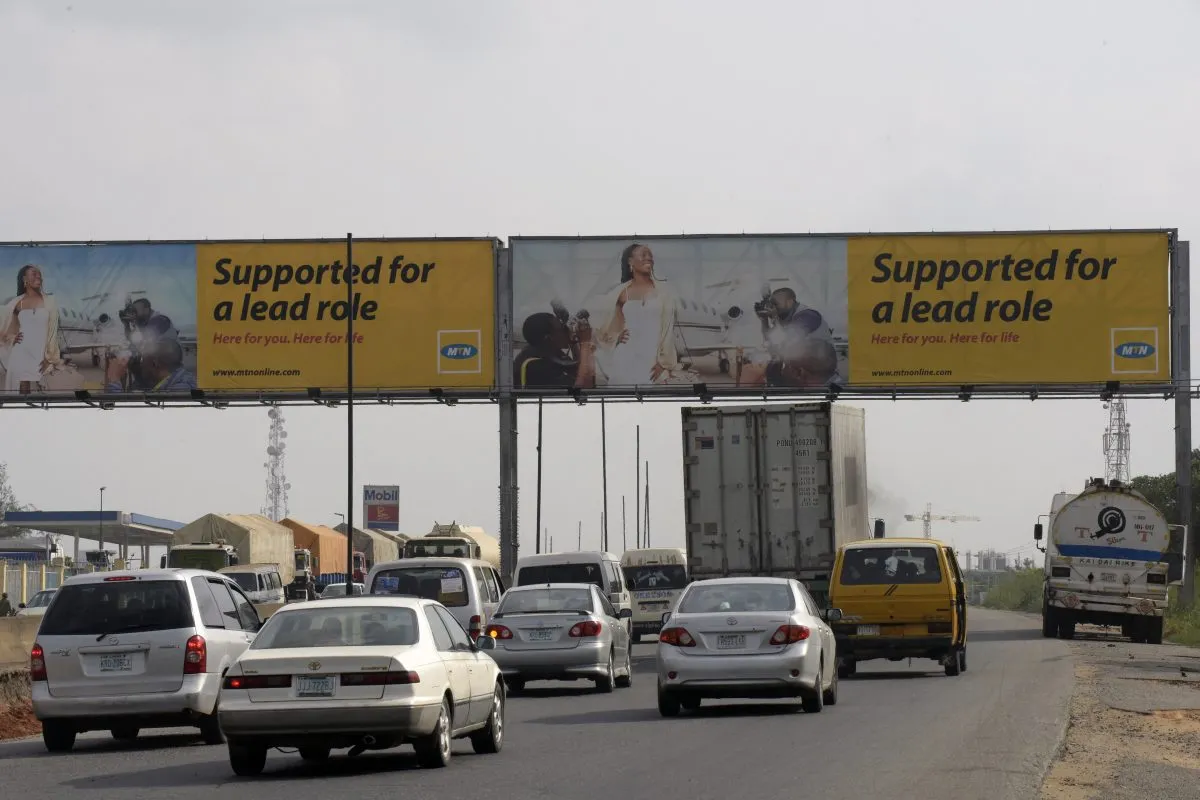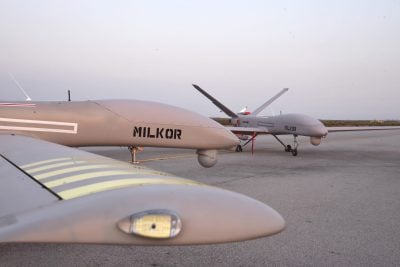For years Nigeria was touted as one of the most lucrative telecommunications markets in Africa. Those who took the risk to invest in Africa’s most populous country, such as South Africa’s MTN Group, counted gains. Those who missed out rued their losses. Signs are now emerging that the best days for mobile phone companies and other wireless service providers in Nigeria may be over. These companies were among the worst hit when President Bola Tinubu liberalised the foreign exchange market, resulting in a massive devaluation of the naira. That, along with a surge in inflation to three-decade highs after the government also ended fuel subsidies, inflicted heavy losses on the telecommunications companies as their tariffs remained stagnant.
“The policy framework provides for periodic reviews of tariffs based on several factors,” said Inatimi Spiff, a communications consultant and a former head of tariffs and competition at industry regulator the Nigerian Communications Commission (NCC). “This hasn’t happened for quite a while now.”
Back to the starting line
For telecommunications companies, the impact of naira devaluation is indeed like a reset button that takes them back to the starting line. MTN Nigeria’s loss of 137bn naira ($83m) for 2023 was the first by the company since it was listed on the Nigerian Exchange in 2019. The MTN Group’s 2023 net income fell 79% from the previous year, largely weighed down by the poor performance in its biggest market, Nigeria, with 80 million subscribers. The group’s financial results for the first half of 2024 didn’t show any remarkable improvement, either. The group reported a loss of $415m through June, due primarily to the impact of devaluation in Nigeria and partly because of the disruptive impact of the war in Sudan on its operations there, the company said.
Airtel Africa, the second largest phone network in Nigeria with 60 million subscribers, lost $89m in the financial year that ended on 31 March against a profit of $750m in the preceding year. Its first quarter performance was negatively impacted by the loss of $80m due to naira devaluation and growing costs. Nigeria accounts for about 30% of Airtel’s African operations.
Other privately-held wireless service providers in Nigeria also reflected the same trend. The operating environment for telecommunications companies deteriorated rapidly in recent years. They have faced the challenge of maintaining their operations in the face of worsening insecurity, particularly in parts of the northeast where jihadists targeted cell sites and towers.
The mobile services providers have also had to contend with higher prices for fuel with the end of subsidies. Diesel, often the fuel of choice for powering their operations given irregular and unreliable grid supply, has been in short supply and increasingly expensive. Devaluation of the naira has meant higher costs for equipment and parts, as well as experts, where they have to be imported. The foreign exchange shortages have especially affected the rollout of the 5G standard across the board while the maintenance costs of existing facilities have escalated.
Government targets missed
These challenges meant that the government’s target of achieving 50% broadband penetration for the country of more than 220 million people by the end of 2023 was missed. Instead, there appears to have been a rollback in some cases. For instance, 9Mobile, the successor company that took over the Nigerian licence of UAE’s Etisalat, has seen its data subscriber numbers decline to 3.8 million from 17 million in 2016.
Broadband access in Nigeria fell from a peak of 48% in March 2023, while Tinubu’s predecessor was still in power, to 41% in November 2023, six months after Tinubu began implementing his tough policies.
Companies in the telecommunications industry consider an upward review of tariffs the best shot in the arm they could get in the current circumstances. But regulators, perhaps wary of the political consequences, don’t want to move as fast as the companies. Proposals tabled in April by the telecommunications companies were not approved. Instead, NCC advised the mobile network operators to be more transparent with their billings and tariff plans so that subscribers will know exactly what they are paying for. Discussion on tariffs is, meanwhile, continuing, according to the wireless operators.
Starlink the saviour?
So, when Starlink, the satellite-based internet service provider run by multi-billionaire Elon Musk that began services in Nigeria last year, announced a price hike last month, the competition was taken aback and protested to the NCC. The price of a monthly subscription almost doubled and the price of a new kit rose by 34%.
“We are a highly-regulated industry and we take exception to any affront to regulatory guidelines,” Gbenga Adebayo, president of the Association of Licensed Telecoms Operators of Nigeria, said in a statement. The NCC denied authorising Starlink’s price increase, described it as “a unilateral decision” and said that it had launched a pre-enforcement action. Starlink couldn’t be reached for comment.
The company, which started operating in Nigeria in January 2023, gained 23,897 subscribers in the first year, drawn by the alternative it offers to mobile phone companies and internet service providers, and continues to grow. There are reports that the company has acquired land in Lagos and nearby Ogun as well in the southeastern coast of Rivers State to develop ground stations, showing intention to further entrench itself in the market.
While Nigerian Starlink subscribers are still a fraction of the more than 220 million mobile phone subscribers in the country, the older companies appear concerned that with just an internet service provider licence and by beaming its satellites in Nigeria, Starlink may be poised to make deep inroads into their market.
‘Nobody is going to put in one dollar’
Amid the delays in reviewing the pricing structure, the telecommunications industry in Nigeria has remained largely stagnant. Though both MTN Airtel and other operators were awarded 5G licences, none has fully rolled out the upgrades. Instead, consumers are complaining about progressively poor services.
“Nobody is going to put in one dollar with the expected return of 60 cents on the dollar,” Karl Toriola, chief executive officer of MTN Nigeria, said at an event in Lagos in August.
“There’s no way under the surface of the earth, in the kind of inflationary environment and forex devaluation that we’ve seen, that an industry can maintain prices the same for 11 years.”
The decline in the sector has also been reflected in the stock market performance of MTN. MTN Nigeria opened the year at 264 naira per share and as of 21 October had lost 28.6%, trading at 188.5 naira. Its highest in the past 52 weeks is 319.8 naira, with a low of 175 within the same period.
Airtel appears to have fared better with a 10% gain from the year’s opening price of 2000 naira to the October 21 close of 2,200 naira.
That remains its highest in 52 weeks, with a low of 1,540.1 naira. One sign of reduced investor interest is that its closing price changed little in August and September. For now, industry operators appear to be waiting for the government to make its decision on tariffs, the one factor that might determine the future of Nigeria’s telecommunications industry.
“New investments are not coming into the sector and service quality is deteriorating,” said industry analyst Spiff. “The operators are mostly waiting to see where things are going.”
Want to continue reading? Subscribe today.
You've read all your free articles for this month! Subscribe now to enjoy full access to our content.
Digital Monthly
£8.00 / month
Receive full unlimited access to our articles, opinions, podcasts and more.
Digital Yearly
£70.00 / year
Our best value offer - save £26 and gain access to all of our digital content for an entire year!

 Sign in with Google
Sign in with Google 



